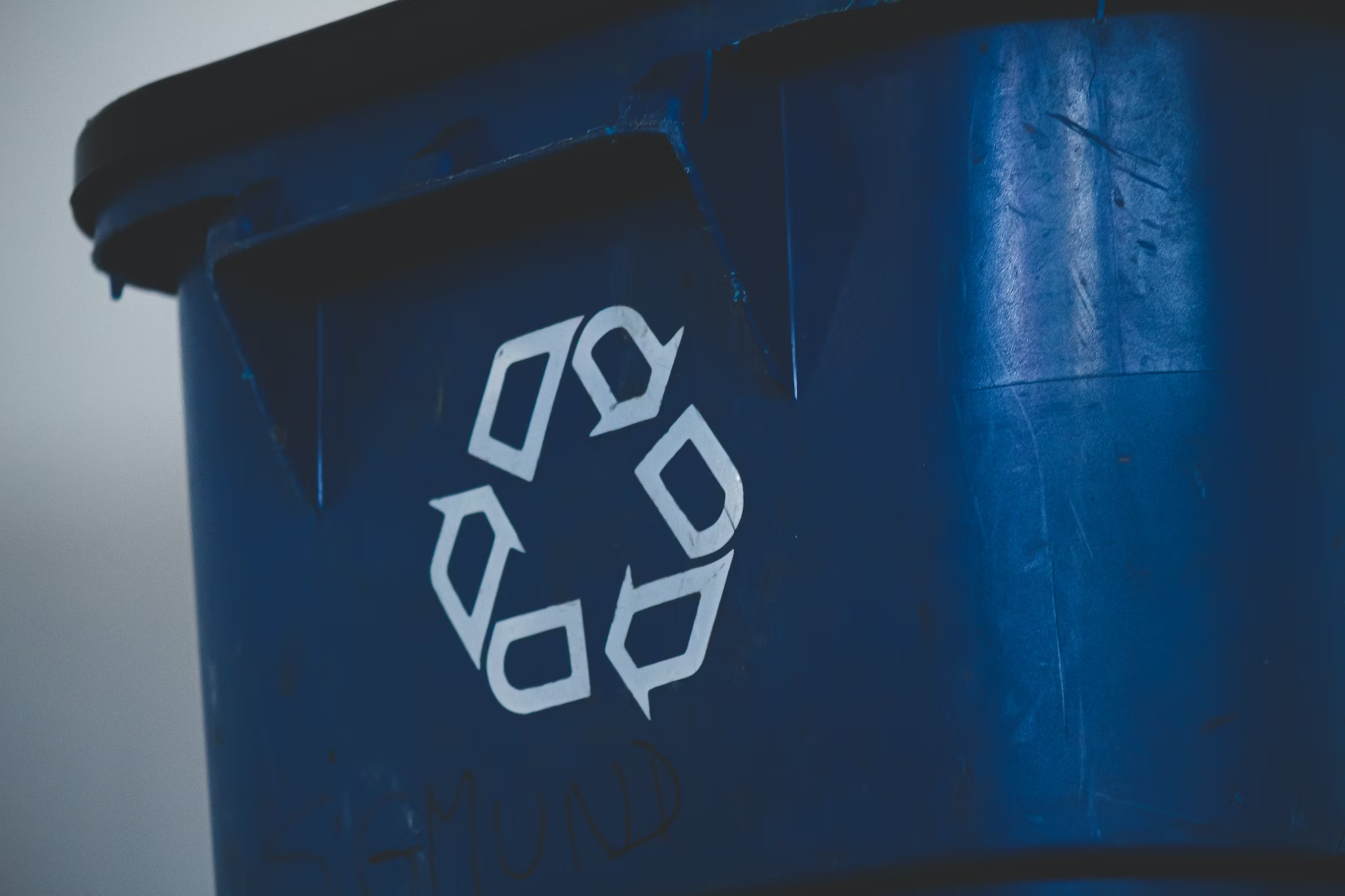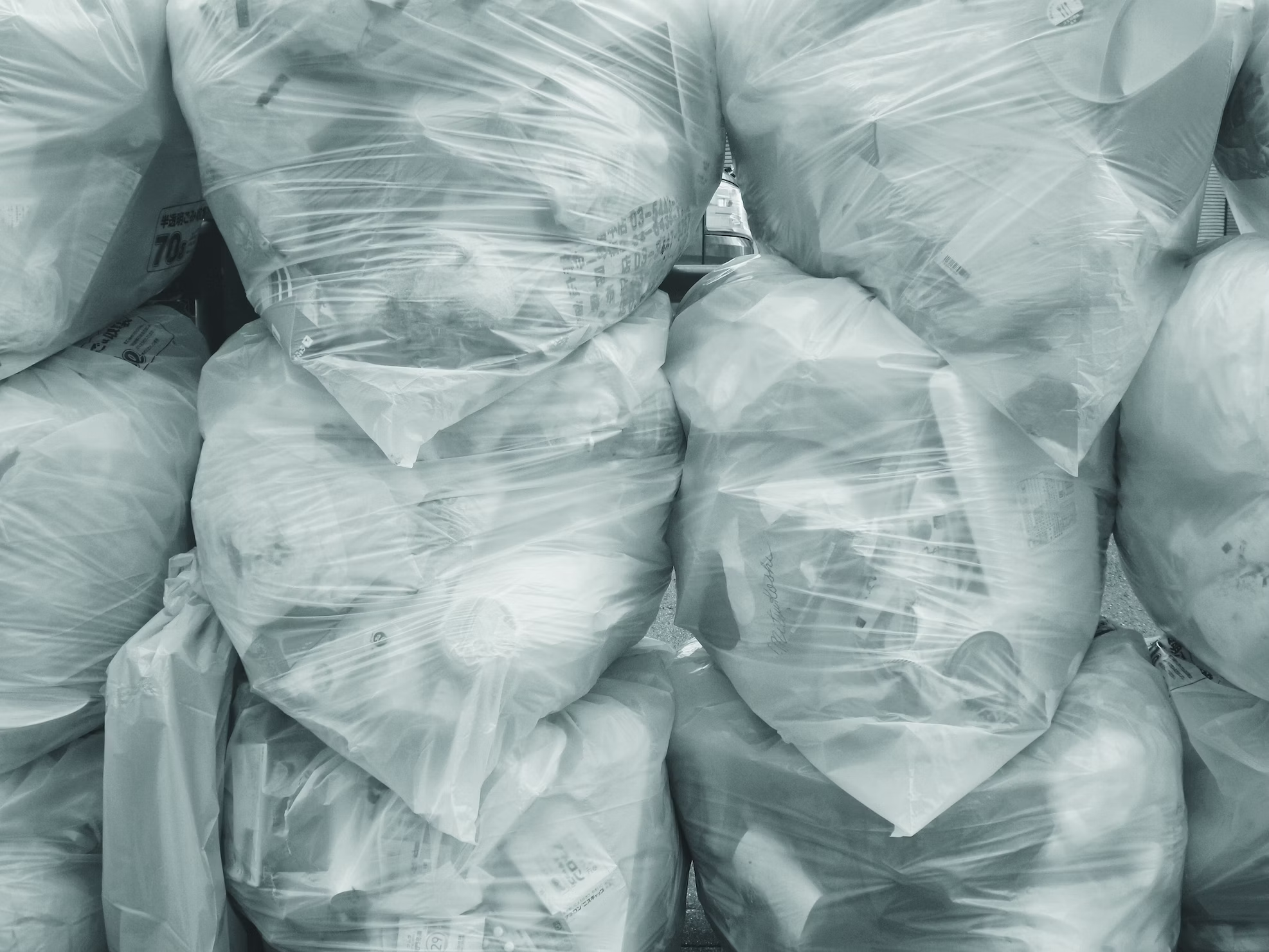
In the world of healthcare, waste management is a critical yet often overlooked aspect of running a medical clinic. Proper waste management not only ensures the safety of your staff and patients but also helps you comply with regulatory requirements. This comprehensive guide will walk you through the key strategies and practices to better manage waste at your medical clinic, safeguarding the environment and the well-being of all those involved.
Understand the Types of Medical Waste
To effectively manage waste at your medical clinic, it’s crucial to understand the different categories of medical waste. Medical waste can be broadly categorized into four types, each with its specific characteristics and disposal requirements.
- General Medical Waste: This category includes everyday items such as gloves, bandages, and empty IV bags. While these items may not pose an immediate threat, they still require proper disposal to prevent environmental contamination and protect the privacy of patients.
- Infectious Waste: Items contaminated with blood, bodily fluids, or potentially infectious materials fall under this category. These materials have the potential to transmit diseases and infections, making their proper handling and disposal vital. Sharps, like needles and scalpels, are also considered infectious waste and should be managed with extreme care.
- Hazardous Waste: Hazardous waste in healthcare settings comprises chemicals, pharmaceuticals, and other materials that pose a hazard to humans or the environment. Examples include expired medications, mercury-containing devices, and chemical reagents. Proper labeling and disposal of these materials are essential to prevent harm.
- Radioactive Waste: Materials that emit radiation, such as diagnostic imaging materials, are categorized as radioactive waste. Specialized handling and disposal are required for these items to protect both the environment and the safety of clinic staff.
Understanding these waste categories is the foundation of an effective waste management strategy, as it enables you to tailor your disposal methods accordingly.
Comply with Regulations
Compliance with waste management regulations is a cornerstone of running a safe and lawful medical clinic. Depending on your location, regulations governing medical waste disposal can vary, making it crucial to stay informed and adhere to local, state, and federal guidelines.
Key aspects of compliance include waste segregation, packaging requirements, transportation guidelines, and record-keeping. For instance, infectious waste often requires separate containers, distinct labeling, and specific treatment methods, while hazardous waste necessitates special handling and disposal protocols. Violating these regulations can lead to severe penalties, so it’s imperative to stay informed and adhere to them diligently. You may also need to engage with local authorities or hire a consultant to ensure your clinic meets all requirements.
Establish a Waste Management Plan
Creating a comprehensive waste management plan is essential for smooth operations in your medical clinic. Your plan should cover waste generation, segregation, collection, storage, transportation, and disposal. It serves as a roadmap for your staff, ensuring that everyone knows their responsibilities and follows best practices. To develop a robust waste management plan, consider the following steps:
- Identify key personnel responsible for waste management within your clinic.
- Create detailed protocols for waste segregation and collection.
- Set up a schedule for waste collection and transportation to avoid overloading storage areas.
- Define proper storage conditions, including temperature, ventilation, and security.
- Establish training and awareness programs for your staff to ensure they understand and follow the plan.
- Regularly update and revise your waste management plan to reflect changes in your clinic’s operations and regulations, and ensure that all staff members are aware of these updates.
Implement Safe Collection and Segregation
Safe collection and segregation of waste start at the source – within your medical clinic. Educate your staff on the importance of segregating waste correctly to minimize contamination and enhance safety. Providing a color-coded clinical waste bin and clear labels for each waste category can greatly aid in compliance efforts. To further promote safe collection and segregation:
- Ensure that sharps, such as needles and scalpels, are discarded in puncture-resistant containers to prevent accidental injuries.
- Encourage proper disposal practices for infectious waste, emphasizing the use of specialized containers designed to prevent leaks and contamination.
- Train staff on how to handle hazardous and radioactive waste, emphasizing the need for careful labeling and secure storage to prevent exposure.
Creating a culture of safety and responsibility among your staff is crucial for the successful implementation of safe waste collection and segregation practices.
Invest in Proper Containers and Equipment
Investing in high-quality waste containers and equipment is an essential aspect of effective waste management in your medical clinic. The right tools and systems can significantly improve waste disposal efficiency and safety. Here are some key considerations when selecting containers and equipment:
- Choose waste bins and containers that are sturdy, leak-proof, and resistant to punctures or tears. These features help prevent accidental spills or injuries.
- Autoclaves and shredders can aid in reducing the volume of waste, making disposal more cost-effective and environmentally friendly.
- Ensure that your containers and equipment meet regulatory requirements and are compatible with the types of waste generated in your clinic.
By investing in the right equipment for hazardous waste disposal, you can ensure that waste is managed safely and hygienically, reducing the risk of accidents or contamination within your clinic.
Partner with a Reputable Waste Management Service
Medical waste disposal should be handled by professionals with expertise in this field. Partnering with a reputable waste management service provider can streamline the process and ensure compliance with all regulations. These services offer comprehensive waste management solutions, including waste pickup, transportation, treatment, and disposal. When selecting a waste management service provider, consider the following factors:
- Verify that the service provider is licensed and certified to handle medical waste.
- Evaluate their track record, looking for customer testimonials and references.
- Confirm that they can handle the specific types and volumes of waste your clinic generates.
- Understand the logistics of waste pickup and transportation schedules to ensure timely and reliable service.
A reputable waste management service can save your clinic time and resources while ensuring that waste is disposed of safely and in compliance with all regulations.
Monitor and Evaluate Your Waste Management System
Continuous improvement is key to successful waste management at your medical clinic. Regularly monitor and evaluate your waste management system to identify areas where waste can be reduced, processes streamlined, and safety improved. Here are some steps you can take to monitor and evaluate your system:
- Conduct periodic waste audits to assess the types and volumes of waste generated and identify opportunities for waste reduction.
- Review your waste management plan to ensure it remains up-to-date and aligned with regulations.
- Collect feedback from staff regarding their experiences and challenges with waste management, incorporating their insights into your improvement efforts.
- Keep an eye on emerging technologies and practices in waste management that may enhance your clinic’s efficiency and sustainability.
By consistently reviewing and refining your waste management system, you can adapt to changing needs and regulations while maximizing safety and efficiency.
Effective waste management in your medical clinic is essential for maintaining safety, compliance, and the well-being of all stakeholders. By understanding the different types of medical waste, complying with regulations, creating a waste management plan, and investing in the right equipment, you can ensure that waste is handled safely and efficiently. Partnering with a reliable waste management service, monitoring your system, and promoting sustainability will further enhance your clinic’s waste management efforts.

Remember, it’s not just about discarding waste but doing so responsibly and in a way that benefits your clinic, your community, and the environment. Implementing a robust waste management system will not only protect public health but also reduce the environmental impact of your clinic, creating a safer and more sustainable healthcare facility for all.
Leave a Reply